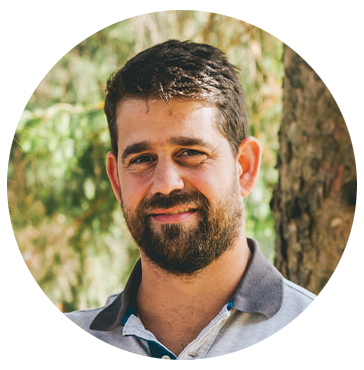 Reflections: Chapter 6, “TOV Churches Nurture Empathy”
Reflections: Chapter 6, “TOV Churches Nurture Empathy”
“Jesus had an eye on the wounded.”
This line sums up the chapter six of A Church Called Tov. Yes, Jesus had his eye on the wounded. It seems like he often had both eyes on the wounded.
Who are my eyes on? Who are the wounded?
Jesus said he has come to bring good news to the poor, to give sight to the blind and to set the oppressed free (Luke 4:18). Who are these poor, blind, oppressed people he was talking about? It is easy for me to picture “those people”. The homeless, alcoholic, drug-addicted people that we see and hear about. But when I think about it, I am the poor, blind and oppressed person. This changes my perspective. I am one of “those people” who need Jesus. I am one of the wounded who Jesus has his eye on.
Barringer and McKnight state,
“The mark of empathy is to feel another’s pain; the mark of compassion is having the desire to alleviate or reduce the suffering of another and to do something about it” (102).
Empathy and compassion are not the same thing, but they go hand in hand. Can there be true empathy without compassion? To see the pain and woundedness of someone and to do nothing, dare I say, sinful or evil.
Let me share a childhood experience.
In the church I grew up at, and still attend, before Sunday school started the children from grades 1 to 8 would come together for what we called Assembly. Usually, the Sunday School Superintendent would share a Bible story before we would be sent to our classes. I was one of the younger kids, probably around 6 years old. The Superintendent asked what was special about today. I was a shy child, so it took some courage for me to put up my hand to answer but I was confident that I knew the answer. The Superintendent nodded at me to answer the question and I stated that we were having a potluck after church. As soon as I answered I heard laughter and saw the smirks of the other kids and even the teachers. No one had told me that the reason we were having a potluck was because we were celebrating our church anniversary that Sunday. I felt humiliated and was close to tears. I know other people saw my pain, but they all ignored me. I was left alone. I carried that wound for many years.
When we see the pain of others, whether it is our children, someone in our church or community and ignore them it causes more pain. The problem is often we can’t make their pain go away. In our attempt to make someone feel better we may say things like, “it could be worse” or “think of all the good things in your life.” Often this isn’t helpful. Often all we can do is to be present. We can walk alongside the person who is grieving. What I needed as a child was for someone to sit beside and put their arm around me. It wouldn’t have taken away the embarrassment, but I would not have been wounded in the same way.
Who is that person who needs you to sit beside and put our arm around them? When I read the list on page 103 my heart sank a little. I can put faces to many of the people that are described on that list.
What is stopping me from not acting on that empathy that I feel?

Blog Post from Scott Roes, dairy farmer and Associate Pastor with Maple View Mennonite Church starting September 1.





